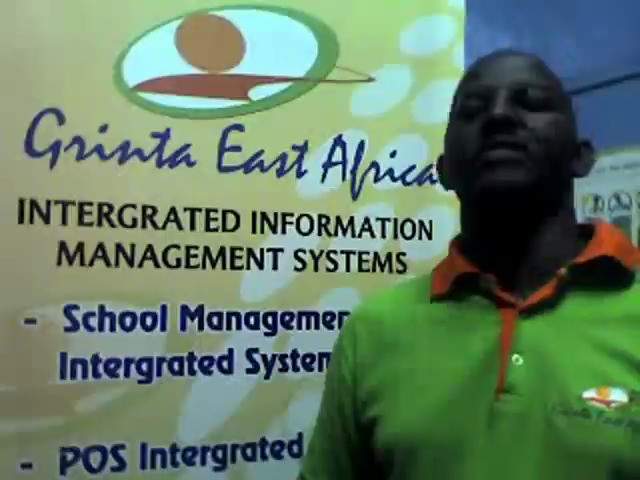Richard Matoke and Glausen Wamalwa had just completed their final exams at the university in 2009 when they developed a library administration software.
Aged 23 and 22 then respectively, the two computer science students at Jomo Kenyatta University of Agriculture and Technology needed a market for their product.
“We thought that we could make some money by selling the programme to schools and public libraries. But we did not know how to begin or who to consult for a market,” says Mr Matoke.
Fortunately, his friend at the university introduced him to Mr Jesse Muiru, an electrical engineer who was working at the Kenya Technical Teachers College (KTTC).
“We were lucky because he already had the kind of software business exposure we needed and was willing to work with us,” says Mr Wamalwa.
Although Mr Muiru liked their idea, he was not convinced that their software could attract buyers.
“The programme was simple and could not attract the kind of customers they wanted. However, I was confident that we could harness their expertise and come up with quality software programmes that could attract a huge market,” Mr Muiru says.
After brainstorming, the three agreed to work as a team and develop a new software.
“We refurbished the library programme and developed it further,” says Mr Muiru.
But coming up with a new system was not all they had up their sleeve. “I saw potential in our working together and though I knew that it would be a risk, I proposed that we pool resources and start our own software development company.”
Just like many startups, obtaining seed capital was a difficult task: “I was the only one working and even if we pooled all our savings, we could not reach our Sh1 million startup target,” says Mr Muiru.
The three needed more investors to buy into their proposal.
“We wanted persons who would bring a sense of balance in IT and business administration into the company.”
Among those who joined the three were company administrator Virginiah Boiyo, and business development manager Kihara Nguyai.
“We pooled our resources, took some bank loans, and started our own software company — Grinta East Africa — in September 2010.”
Mr Muiru was appointed chief executive while Mr Matoke and Mr Wamalwa took the chief software engineer and system administrator positions respectively.
Their firm started with the development of an integrated school management system comprising examinations, accounts, registry, laboratories, stores, library, boarding, games, and administration modules.
In just three years, the business had already broken even. Its operating capital, for instance, increased to Sh6 million from Sh1.2 million, while its annual profit grew to over Sh3 million.
“We have our eye trained on the East African market,” says the chief executive.
But the entity’s growth has not been without challenges. According to the CEO, low computer literacy has been the biggest weigh down.
“Most of the clients in the wider market do not have computer know-how. This means that most of them find it difficult to work with software programmes.”
Similarly, lack of basic software operating systems like high capacity computers and networked environment (LAN) have also proven to be a hard nut to crack for the team.
Other software products which the company trades in include Point of Sales (POS), bulk SMS systems, and integrated management systems for schools, banks, and data registration systems.
“We always offer to train whoever we sell our software to — for free,” says Mr Muiru. The cost of their software programmes range from between Sh10,000 and Sh100,000 for the complex editions.
On whether software programmes are expensive, Mr Muiru says: “They are not. For instance, we have an SMS system for sending bulk SMS like examination results that is retailing at Sh10,000.”








